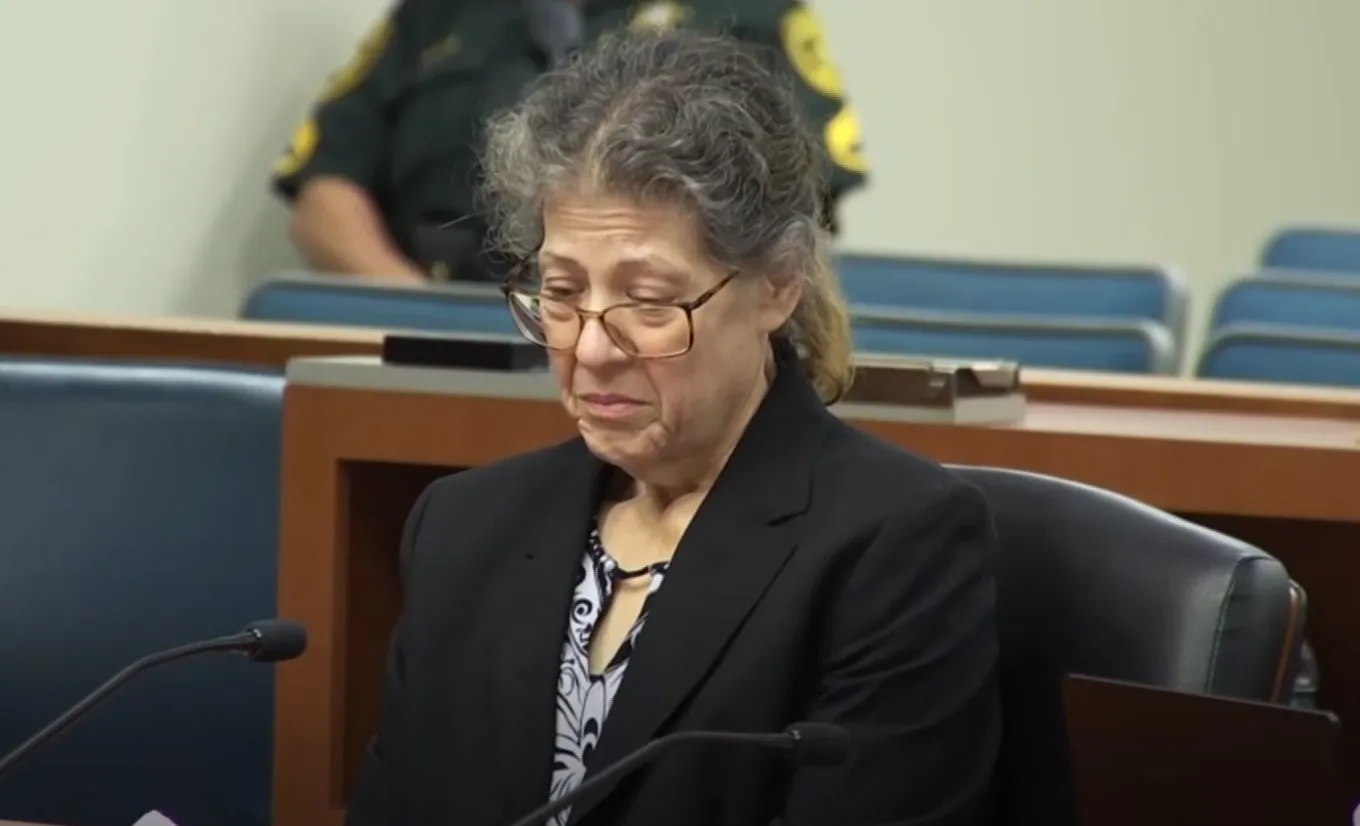On Friday, Susan Lorincz, a white woman from Florida, was convicted of manslaughter for the shooting death of Ajike “AJ” Owens, a Black mother of four. The shooting occurred on June 2, 2023, after Owens had confronted Lorincz over an altercation involving her children.
Lorincz, who claimed self-defense, fired a single shot through her locked front door without seeing who was on the other side. She now faces up to 30 years in prison, although a sentencing date is yet to be scheduled.
The trial, held in Marion County, was marked by significant emotional and legal tensions. Pamela Dias, Owens’ mother, was visibly moved when the verdict was read, expressing her gratitude for the outcome.
The jury, which was all-white, deliberated for two and a half hours before reaching their decision. The demographic makeup of the jury raised concerns about representation, given the racial composition of the community.

Florida Woman Convicted of Manslaughter in Shooting of Black Mother Amid Racial Tensions and Stand-Your-Ground Law Debate
Lorincz’s case was contentious from the beginning, largely due to the influence of Florida’s stand-your-ground law, which allows for the use of deadly force if one feels threatened. Marion County Sheriff Billy Woods initially cited this law as a constraint, though he later acknowledged that the shooting was unjustified.
The decision to charge Lorincz with manslaughter, rather than the more severe charge of second-degree murder, added to the controversy surrounding the case.
Civil rights attorney Melba Pearson criticized the decision to pursue manslaughter instead of second-degree murder, arguing that the facts of the case warranted a more serious charge.
Pearson suggested that racial biases might have influenced the legal strategy, highlighting the broader issues of systemic racism in the legal system. This view reflects concerns about the fairness of the trial and the potential impact of racial prejudices.
Witnesses in the trial testified about Lorincz’s history of conflicts with Owens and her children, including previous altercations and a pattern of aggressive behavior. Despite claims of self-defense by Lorincz, evidence presented in court, including Ring doorbell footage, contradicted her assertions about Owens’ behavior and intentions at the time of the shooting.
In their statement following the trial, Owens’ family described the proceedings as a “grueling and emotional journey.” They emphasized that the case highlights systemic racism and the need for reform in addressing racial violence. The family hopes that the conviction will lead to greater recognition of racial injustices and inspire continued efforts for equality and justice in their community and beyond.
